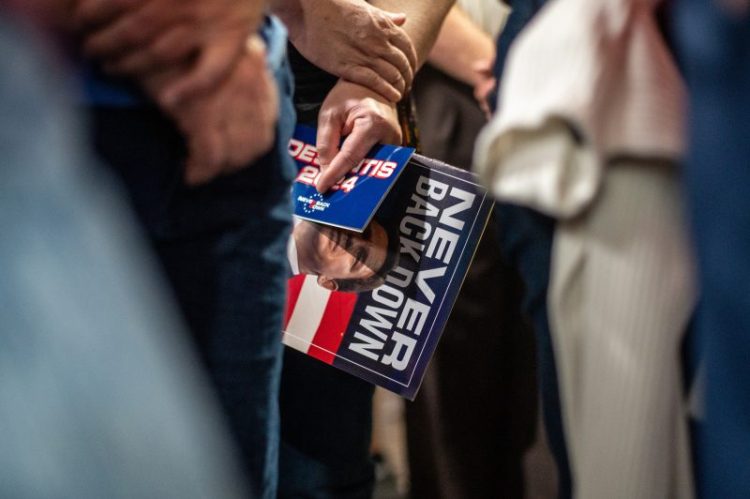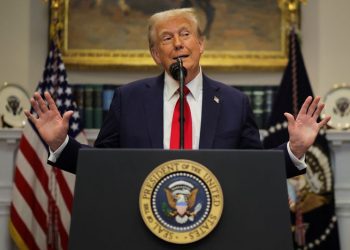
After former Florida Governor Ron DeSantis released a plan to remove the influence of big money donors from the state’s election process, he knew he would face pushback from traditional campaign contributors and opponents in both major parties. While some of his ideas were well-intentioned, there were concerns that they would make it harder for Floridians to participate in politics or influence their state government.
Under DeSantis’ plan, the state would establish “Freedom Accounts,” which would limit donations to those made directly from individuals and would place a $3,000 cap on contributions. The plan was narrowly voted down in a committee hearing, and the governor eventually abandoned it due to political pressure.
Despite the withdrawal of the plan, the episode demonstrated that the political influence of special interest groups is alive and well. Opponents argued that the plan could have had damaging effects on the democratic process in Florida, with some believing that it could allow a select few to dominate elections and drown out the voices of everyday citizens.
Ultimately, the plan was simply too controversial and heavily contested to move forward, highlighting the difficulty of reforming campaign finance laws. Even so, DeSantis’ plan represented a step forward in the ongoing quest for campaign finance reform in Florida.









